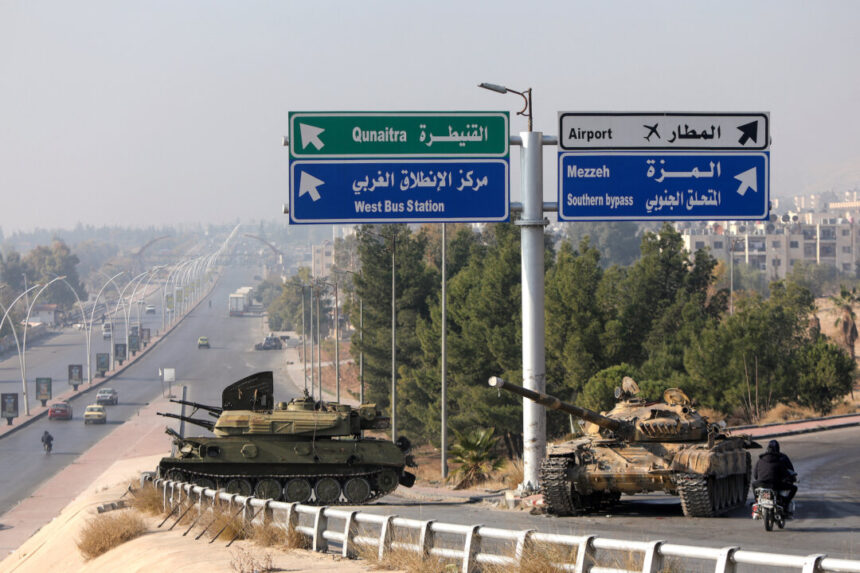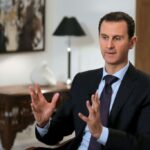Despite the release of hundreds of political prisoners, many more are still trapped underground in the ‘red cells’ at the infamous Saydnaya prison.
Following the rebels’ takeover of the Syrian capital, Damascus, a delicate peace is being maintained as various armed groups vie for control of the country.
Russia has granted sanctuary to former president Bashar al-Assad in Moscow, marking the end of over 50 years of his family’s rule and signaling the conclusion of the civil war that began during the Arab Spring in 2011 and lasted for 13 years.
Assad, seeking refuge in Moscow, fled Damascus as rebel forces closed in on the city from multiple directions.
The Sunni Islamist group HTS, previously linked to al-Qaeda and designated as a terrorist organization by the US, made significant advances in capturing Aleppo, Hama, and Homs from the north.
Another group, the Southern Operations Room, entered Damascus after seizing Daraa in southern Syria, the city where the uprising against Assad’s regime initially started in 2011.
While the fall of the Assads has been welcomed by Western governments, US President Joe Biden warned of a period of risk and uncertainty in Syria.
Abu Mohammed al-Golani, head of HTS, reassured both local and international communities about their Islamist movement’s intentions, hailing a “great victory” in Damascus.
As inmates were liberated from prisons in Damascus, some were unaware of the regime’s downfall until their release, with many expressing relief and gratitude for a newfound lease on life.
Despite the positive developments, thousands are still believed to be trapped underground at Saydnaya military prison, prompting urgent rescue efforts by organizations like the White Helmets.
Turkey has expressed readiness to assist in Syria’s rebuilding efforts and facilitate the safe return of refugees as the country transitions into a new era post-Assad.
Efforts are underway to prevent a humanitarian crisis in Saydnaya prison and ensure the safe and voluntary return of Syrians to rebuild their nation.

The Syrian National Army (SNA), a faction supported by Turkey, has reportedly clashed with the Kurdish-dominated Syrian Democratic Forces (SDF) in Manbij, northern Syria.
Social media accounts affiliated with both the SNA and SDF claim control over the city.
In addition, Israel’s foreign minister, Gideon Saar, confirmed that the Israeli air force conducted airstrikes on military bases suspected of housing chemical weapons or long-range rockets.
Saar emphasized that Israel’s actions were solely focused on ensuring the security of its citizens and preventing strategic weapons from falling into the hands of extremists.
Associated Press and Reuters contributed to this report.






